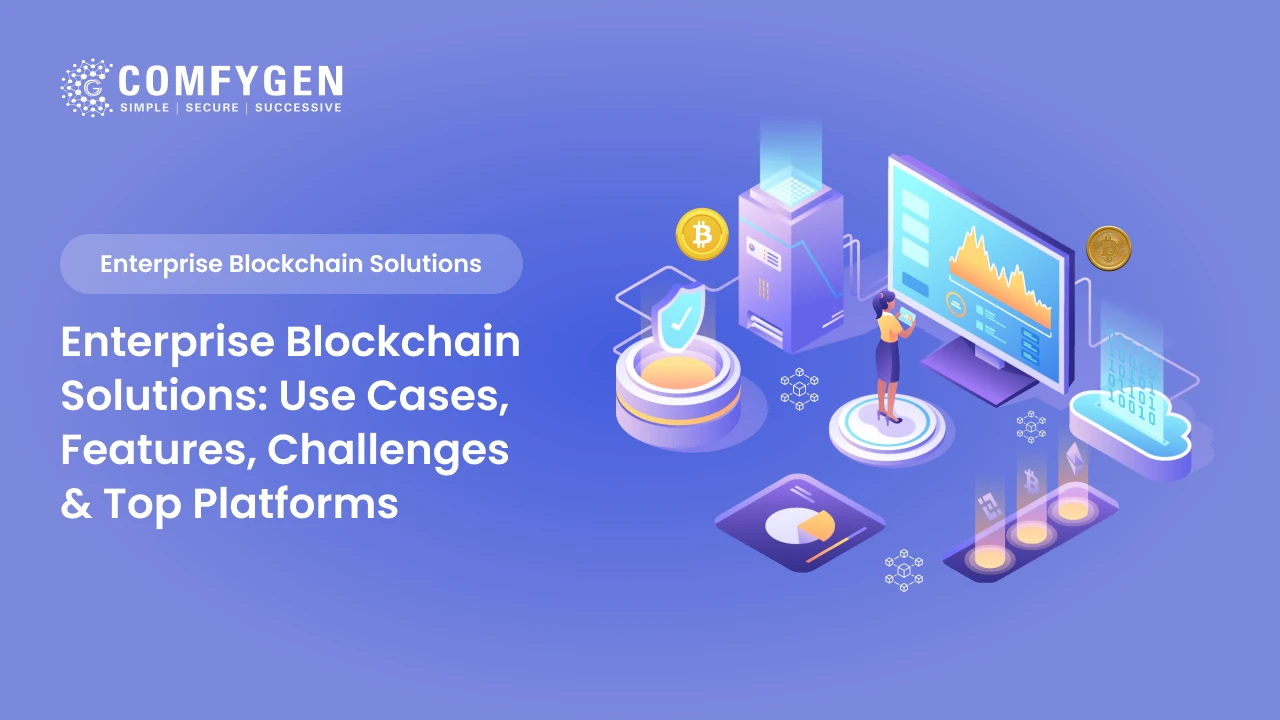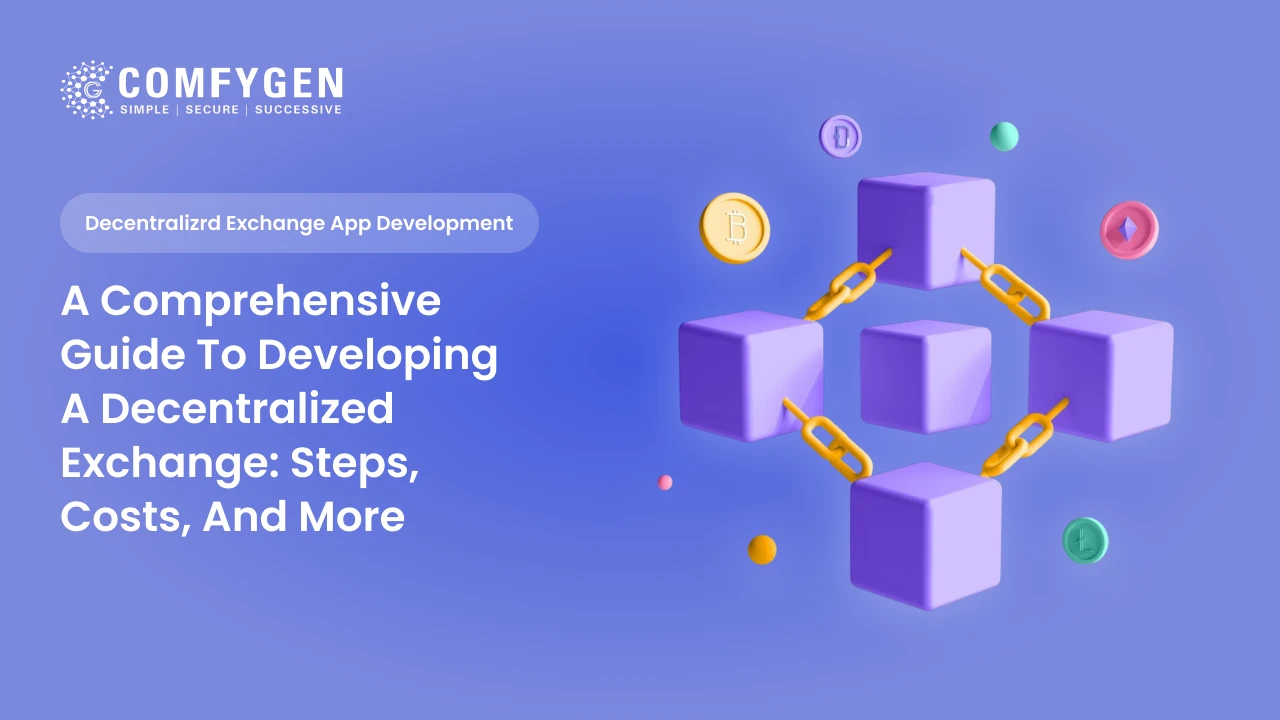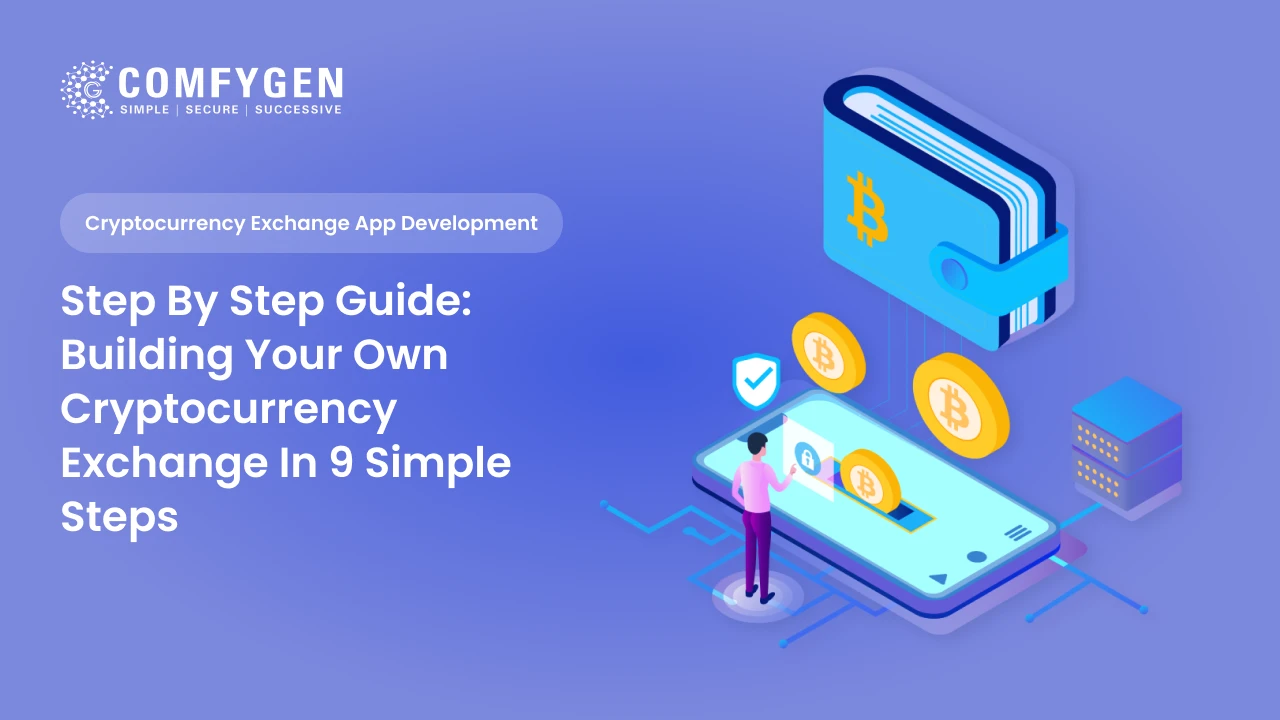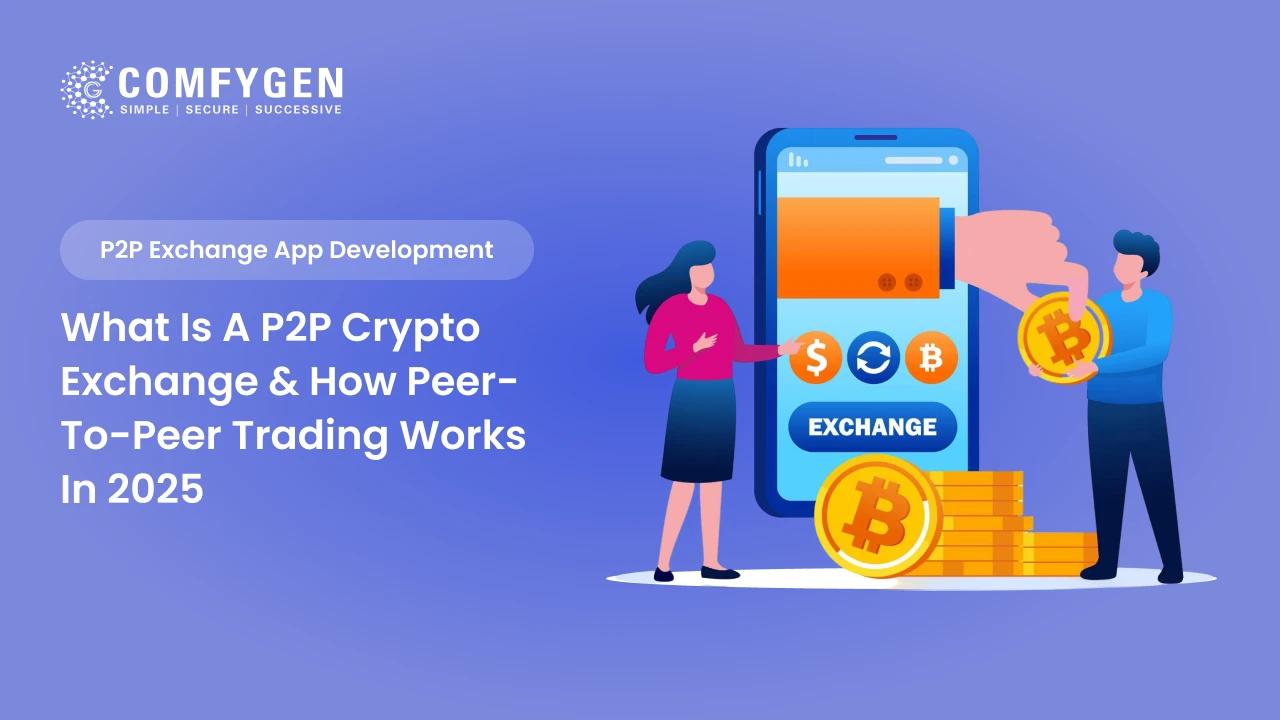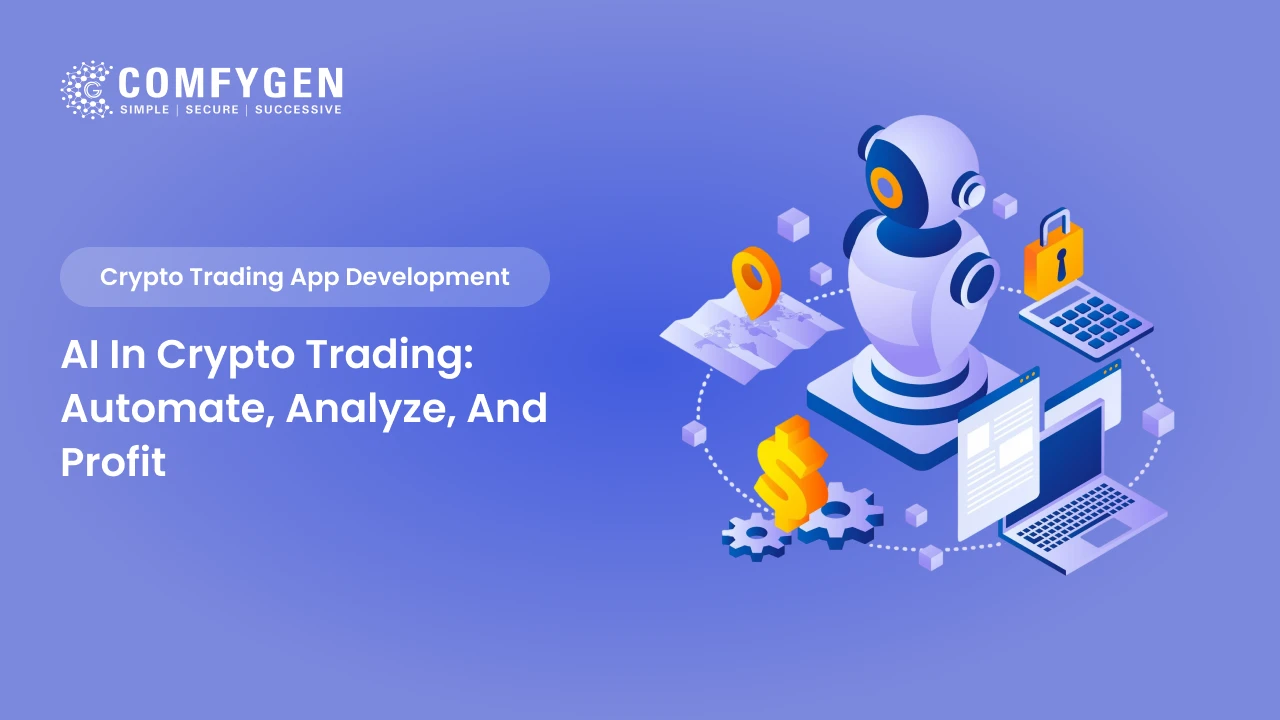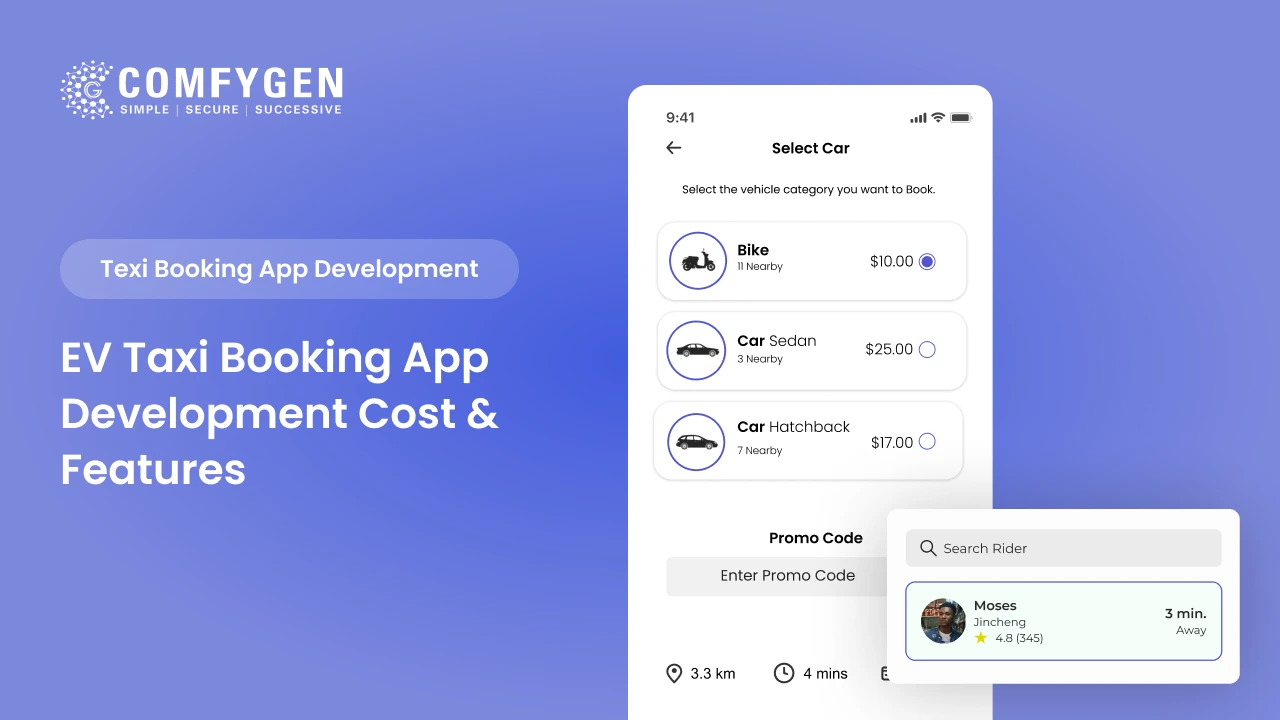Enterprise Blockchain Solutions: Use Cases, Features, Challenges & Top Platforms in 2025
The future of enterprise technology is decentralized, transparent, and secure — and at the center of it all lies enterprise blockchain solutions. Once a niche concept, enterprise blockchain adoption is now mainstream, revolutionizing industries like supply chain, finance, real estate, and healthcare.
In 2025, companies are no longer asking “What is enterprise blockchain?” Instead, they are exploring how to leverage enterprise blockchain services for innovation, efficiency, and trust in an increasingly digitized world.
This complete guide will walk you through the features, benefits, challenges, and real-world applications of enterprise blockchain technology, including an in-depth look at the top blockchain platforms for businesses in 2025.
What is Enterprise Blockchain?
An enterprise blockchain is a permissioned and scalable distributed ledger technology (DLT) designed for large organizations. Unlike public blockchains like Ethereum or Bitcoin, enterprise blockchains are optimized for:
- Privacy
- Performance
- Access Control
- Regulatory Compliance
In simple terms, it allows multiple stakeholders to share and verify data securely without intermediaries — while ensuring complete control over who can access what.
Key Characteristics:
- Permissioned Access – Only approved participants can join the network.
- Customizable Governance – Rules can be tailored to fit business workflows.
- Enhanced Scalability – Capable of processing thousands of transactions per second (TPS).
- Smart Contracts – Automates operations and agreements with minimal human intervention.
“A supply chain company uses a Hyperledger Fabric-based blockchain to track product provenance, authenticate certificates, and detect fraud — all in real-time.”
Why Enterprises Are Adopting Blockchain in 2025
Here are the key drivers behind enterprise blockchain adoption in 2025
- Data Integrity: Immutable records minimize the risk of fraud or tampering.
- Real-Time Traceability: Companies can monitor transactions and product flow instantly.
- Operational Efficiency: Reduces paperwork, speeds up approvals, and slashes costs.
- Security & Compliance: Enables encrypted data sharing under GDPR, HIPAA, and other standards.
- Multi-Party Collaboration: Simplifies inter-organizational processes without intermediaries.
According to Gartner, 70% of global enterprises will adopt blockchain technologies for digital transformation by 2026 — driven by cost reduction, compliance, and trust-building.
Top Use Cases of Enterprise Blockchain
Enterprise blockchain isn’t just a buzzword — it’s already transforming operations in
Supply Chain Management
- Track product origin, quality, certifications
- Prevent counterfeits & fraud
- Improve vendor accountability
Example: IBM Food Trust helps Walmart trace food sources in seconds.
Financial Services
- Real-time settlements and cross-border payments
- Trade finance and smart contracts for loans
- Tokenization of securities and digital assets
Example: JPMorgan’s Onyx platform uses blockchain for interbank transactions.
Healthcare
- Secure EHR (Electronic Health Records) management
- Tamper-proof clinical trial data
- Patient identity verification
Example: MedicalChain enables decentralized health data storage with patient consent.
Real Estate
- Smart contract-based property sales
- Transparent land records
- Fraud prevention in documentation
Example: Propy enables blockchain-based real estate deals in the US and UAE.
Digital Identity
- Decentralized Identity (DID) solutions
- KYC and AML compliance automation
- Control over personal data
Example: Sovrin Network provides verifiable identity credentials.
Intellectual Property & Copyright
- Timestamped proofs of ownership
- License automation through smart contracts
- Royalties tracking
Energy Sector
- P2P crypto exchange
- Renewable certificate validation
- Grid optimization
Example: Power Ledger enables households to sell excess solar energy using blockchain.
Insurance
- Automated claims processing
- Parametric insurance contracts
- Risk modeling with shared data
Example: Etherisc uses blockchain for flight delay insurance automation.
Key Features of Enterprise Blockchain Solutions
A reliable enterprise blockchain platform offers the following features:
- Permissioned Access
- Smart Contracts Integration
- Interoperability Between Systems
- High Throughput (TPS)
- Privacy & Confidential Transactions
- Role-based Access Control (RBAC)
- Regulatory Compliance Frameworks
- Data Anchoring with Public Chains
- Pluggable Consensus Mechanisms
- Audit Trails & Immutability
Enterprise Blockchain DevelopersContact Now
Benefits of Enterprise Blockchain Adoption
Let’s explore why more businesses are turning to enterprise blockchain services:
| Benefit | Description |
|---|---|
| Data Security | Data is encrypted, distributed, and immutable |
| Efficiency | Automation through smart contracts reduces manual effort |
| Trust | Transparent systems build stakeholder confidence |
| Interoperability | Seamless communication across disparate systems |
| Cost Reduction | Cuts down intermediaries, errors, and processing time |
| Compliance | Helps meet GDPR, HIPAA, SOX, and financial regulations |
Challenges in Enterprise Blockchain Development
Despite the hype, enterprise blockchain is not without hurdles. Here are some challenges companies face:
Legacy System Integration
Connecting blockchain to ERP, CRM, or cloud infrastructure can be complex.
Lack of Skilled Developers
There’s a global shortage of enterprise blockchain developers and consultants.
High Initial Costs
While ROI is promising, development, hosting, and integration costs are steep upfront.
Regulatory Uncertainty
The lack of clear blockchain regulations in some regions delays adoption.
Network Governance Conflicts
Multiple stakeholders may disagree on rules, consensus, or upgrades.
Data Privacy Concerns
Ensuring private and public data separation is technically demanding.
Top Enterprise Blockchain Platforms in 2025
Here are the leading enterprise blockchain platforms with strong adoption and support in 2025:
| Platform | Highlights |
|---|---|
| Hyperledger Fabric | Modular, permissioned, open-source by Linux Foundation |
| R3 Corda | Focused on finance & banking; transaction privacy |
| Quorum | Ethereum fork for enterprises; supports private transactions |
| Polygon Supernets | Customizable EVM-compatible chains for enterprises |
| IBM Blockchain | Hosted version of Hyperledger with BaaS features |
| Hedera Hashgraph | High throughput & energy-efficient; suited for supply chain & identity |
| Avalanche Subnets | Scalable, private networks within the Avalanche ecosystem |
| Multichain (formerly Bitcoin.js) | Lightweight, simple integration for enterprise apps |
| Chainstack | Multi-cloud, low-code blockchain deployment |
| Dragonchain | Serverless blockchain backend for businesses & APIs |
Future Trends in Enterprise Blockchain Technology
Stay ahead of the curve with these emerging trends in enterprise blockchain development:
- Blockchain + AI Integration
- Zero-Knowledge Proofs (ZKPs) for Privacy
- Interoperability Solutions like Chainlink & LayerZero
- Decentralized Digital Identity (DID) adoption
- Blockchain-as-a-Service (BaaS) Models
- Sustainability & ESG Tracking
- Tokenization of Real-World Assets (RWA)
How to Choose the Right Enterprise Blockchain Solution
Define Your Business Use Case
Is it about data sharing, automation, or identity management?
Choose the Right Architecture
Public vs private? Consortium or hybrid?
Evaluate Platform Capabilities
TPS, privacy, governance model, scalability
Check for Compliance
Choose a platform that aligns with regional regulations
Partner with a Reputable Blockchain Company
Consider experience, developer support, and customizability
for Your EnterpriseContact Now
Conclusion
In 2025, enterprise blockchain solutions are no longer experimental — they are essential. Whether it’s securing data, reducing costs, or building trust, enterprise blockchain adoption offers tangible ROI and transformative benefits.
From supply chain efficiency to healthcare transparency, enterprise blockchain is already reshaping industries. With platforms like Hyperledger, Polygon Supernets, and R3 Corda, businesses have multiple options to begin their journey.

Mr. Saddam Husen, (CTO)
Mr. Saddam Husen, CTO at Comfygen, is a renowned Blockchain expert and IT consultant with extensive experience in blockchain development, crypto wallets, DeFi, ICOs, and smart contracts. Passionate about digital transformation, he helps businesses harness blockchain technology’s potential, driving innovation and enhancing IT infrastructure for global success.

